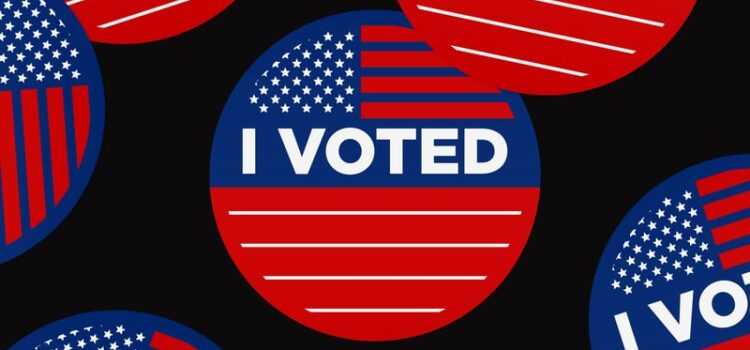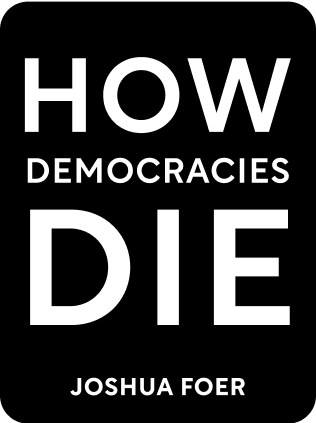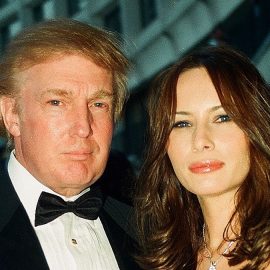

This article is an excerpt from the Shortform book guide to "How Democracies Die" by Steven Levitsky and Daniel Ziblatt. Shortform has the world's best summaries and analyses of books you should be reading.
Like this article? Sign up for a free trial here .
What happened at the 1968 Democratic National Convention? Why was this part of safeguarding democracy?
At the 1968 Democratic National Convention, the party officially nominated for president a candidate who hadn’t won any primaries. This caused many to push for change in how candidates were nominated, so they could be chosen by the people and not party elites.
Read more about the 1968 Democratic National Convention and the democratic safeguards that were put in place.
The 1968 Democratic National Convention
In American politics today, party insiders play a far less decisive role in controlling presidential nominations. How did this come to be? We can trace the demise of the old party gatekeeper system to the turbulent events of the 1968 Democratic National Convention in Chicago.
Party delegates, deeply divided over the Vietnam War, entered the 1968 Democratic National Convention with no clear consensus on who the nominee should be, as no candidate had secured a majority of delegates during the primaries. At the convention, party insiders installed Hubert Humphrey—a candidate who had not run in any primaries—as the nominee.
But this was to be the last such presidential nomination carried out in this fashion. At a time when people were taking to the streets to protest the Vietnam War and popular candidates like the recently slain Robert F. Kennedy had helped open the door to a more representative form of party politics, the installation by a handful of party insiders of Humphrey at the top of the ticket was no longer considered acceptable. The circumstances under which Humphrey was selected dealt a crushing blow to the old party boss system and prompted calls for reform.
The McGovern-Fraser Commission: Tearing Down the Guardrails
Those calls for reform resulted in the McGovern-Fraser Commission, a panel within the Democratic Party that was tasked with revising the rules governing its nomination of candidates for the presidency.

———End of Preview———
Like what you just read? Read the rest of the world's best book summary and analysis of Steven Levitsky and Daniel Ziblatt's "How Democracies Die" at Shortform .
Here's what you'll find in our full How Democracies Die summary :
- How shared norms are essential for preserving democracy
- Why the Trump presidency threatened those shared norms
- Why democracy goes beyond individual leaders and parties and must be a shared enterprise among committed individuals






